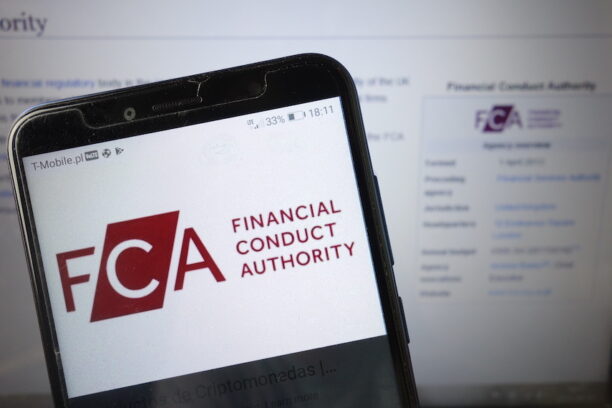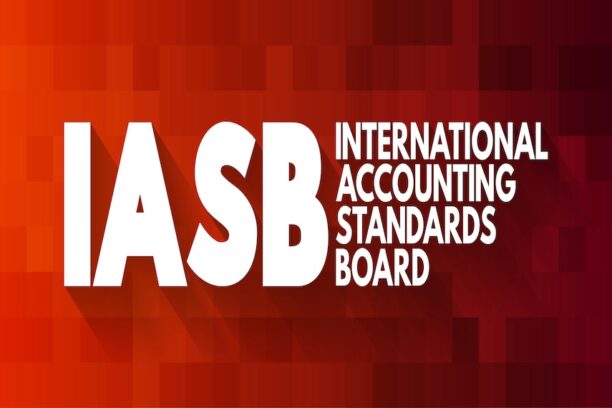A clear definition of ESG has been difficult to pin down from the term’s inception. Authors of a recent legal analysis from the Sabin Center for Climate Change Law discuss how the definition continues to evolve, pushed by forces in the anti-ESG movement. They argue that ESG and the resulting backlash have muddied the waters around what ESG is and isn’t. Stating that:
“ESG” is now a catch-all term, employed by a wide variety of actors to mean distinct things: To a pension fund trustee, ESG may be a way of analyzing systemic risks – like climate change or governance issues at portfolio companies – which they believe have a material impact on financial returns. To asset managers with a sprawling universe of passive index funds, ESG may be a convenient marketing tool to charge more for largely undifferentiated S&P 500 trackers. Consumers may think that ESG is a way of doing well by doing good – investing their money in more sustainable companies. To politicians with an “anti-woke capitalism” agenda, ESG is a ploy to use the power of dominant financial companies to impose a progressive agenda.
This is a salient point. ESG is being robbed of its meaning in the same way that sustainability has been in the past. Which Lawrence has commented on here. Perhaps that is the point of the anti-ESG movement, to confuse notions of what ESG is without advancing a solid definition of their own. To ruin the connotation of the acronym and therefore ruin the viability of programs rooted in ESG.
If ESG opponents can confuse the meaning of ESG, then they can further move the goalpost. We’ve seen similar tactics deployed effectively against terms like “woke.” Blackrock has already announced that it will be using the term “transition investing” instead of ESG. The semantic battle distracts from the core of what ESG does and those looking to stay out of the fray are better off focusing on business outcomes and messaging on ESG’s impacts rather than ideological fights.










